The early 1900s saw a surge in racism towards black people in general. A targeted demographic was within the army as the high-ranking officials were hostile towards the black soldiers in their units.
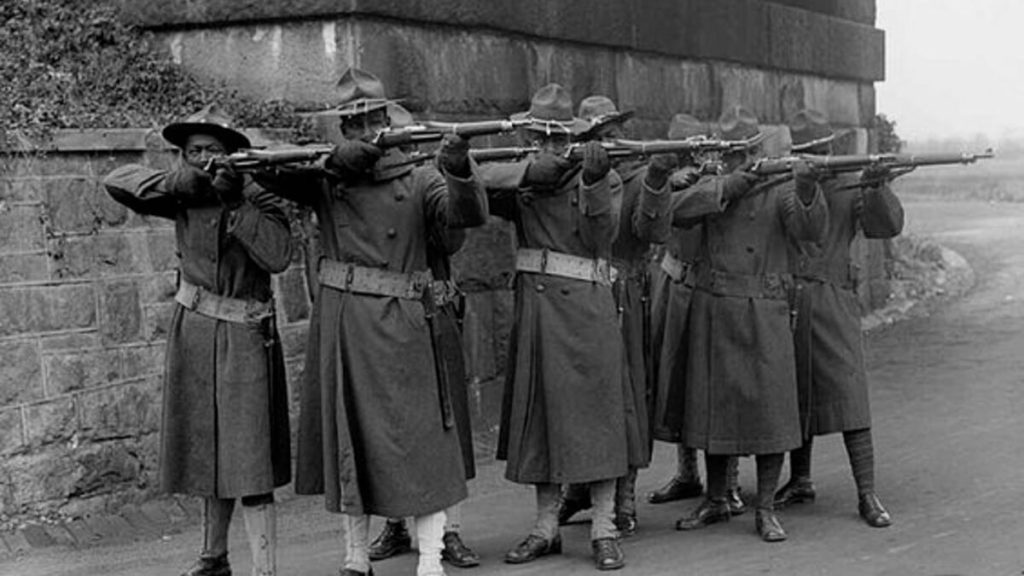
This buildup of racism led to the prosecution of some black soldiers, leading to their unjust hanging.
Redemption for Houston’s Wronged “Buffalo Soldiers”
In a historic turn of events, the U.S. Army decided to confront the ghosts of the 1917 race riots, granting long overdue justice. They are correcting the military records and extending the rightful benefits to the dependents of black soldiers who were hanged unjustly.
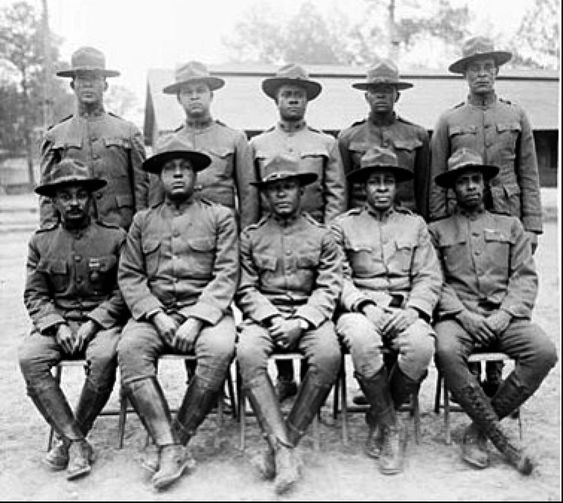
This pivotal moment marks the redemption of victims over 100 years after the largest mass execution by the U.S. Army.
What Propelled the Historical Review?
The review of the case of the Buffalo Soldiers has been a long time coming. Over the years, there have been several petitions from retired officers and the South Texas College of Law.
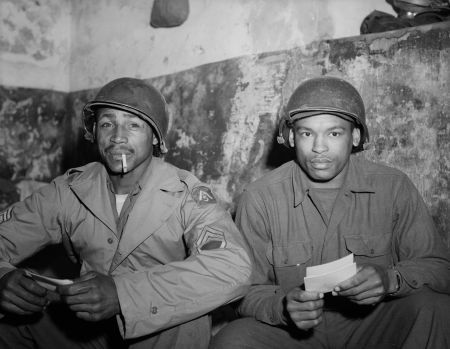
These persistent requests finally drove Army Secretary Christine Wormuth to order a meticulous review of the 1917 cases. Sadly, this comes years after the military system has failed many and cost them their lives.
Unjust Court Proceedings Exposed
While unearthing past documents, the army found several dubious court proceedings. A military record correction board immediately declared the court proceedings “fundamentally unfair.”
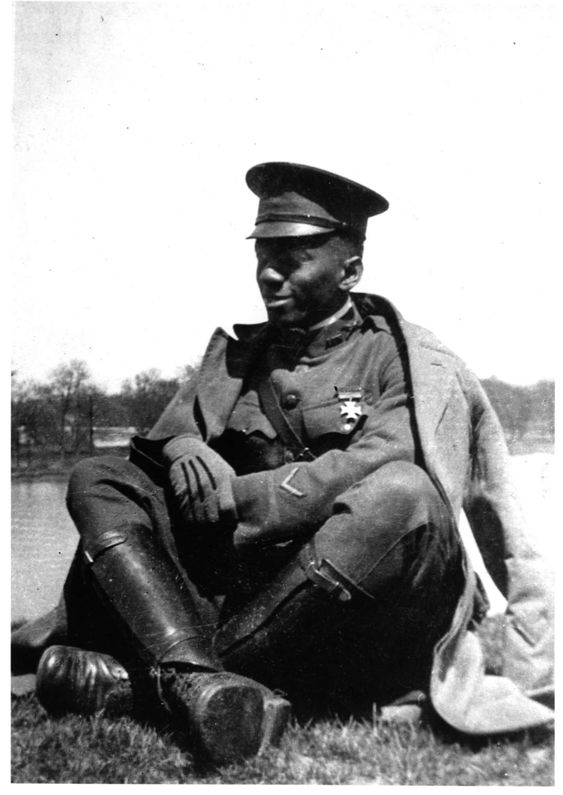
For the same reason, the board recommended the annulment of all convictions, reshaping the narrative and proving the soldiers’ service was honorable. This decision was unanimous, with all board members agreeing to the dissolution.
1917 Houston Race Riots
In the 1900s, racial tension was at an all-time high. The 1917 Houston race riot happened as a result of this, and there was hell to pay for the black community. Over 100 Black soldiers grappled with threats and seized weapons, sparking a tragic chain of events.
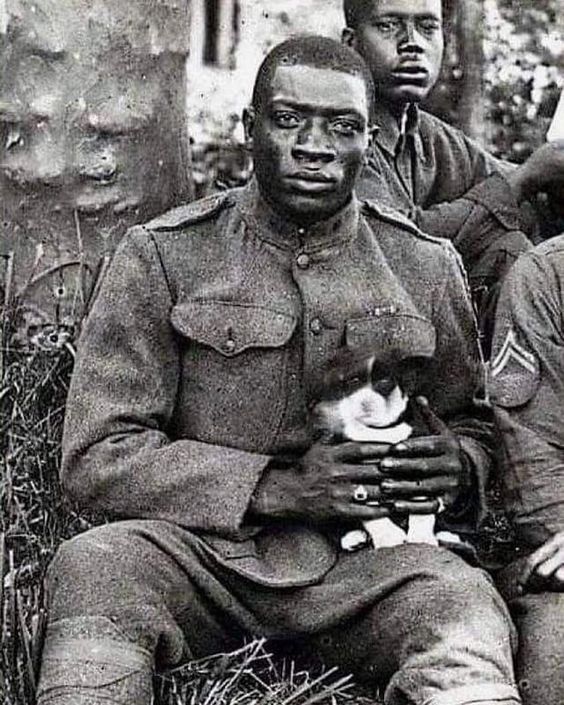
Nineteen of these soldiers were captured and faced charges of murder and mutiny, leading to their tragic deaths.
The Unjust Executions
Without a doubt, these killings were not without an agenda. The executions changed the course of lives of many, and it was a bleeding day for all the black soldiers. Therefore, the consequences of these executions led to some regulatory reforms.
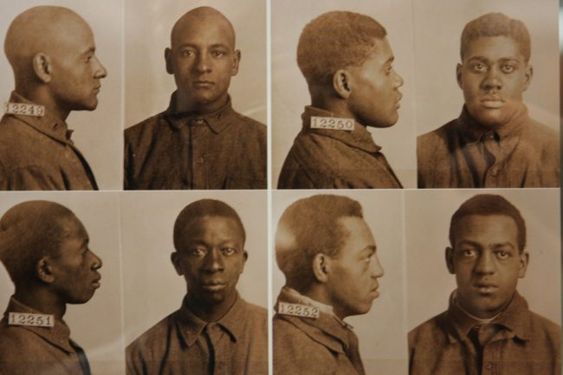
These reforms ensured that future executions underwent a thorough review by higher authorities. This has helped to reduce the frequency of racial killings in the army, too.
Buffalo Soldiers’ Enduring Legacy
The story of the soldiers from the 3rd Battalion of the 24th Infantry Regiment is one that many sadly remember. The public called them the “Buffalo Soldiers,” a reference to their resilience and strength.
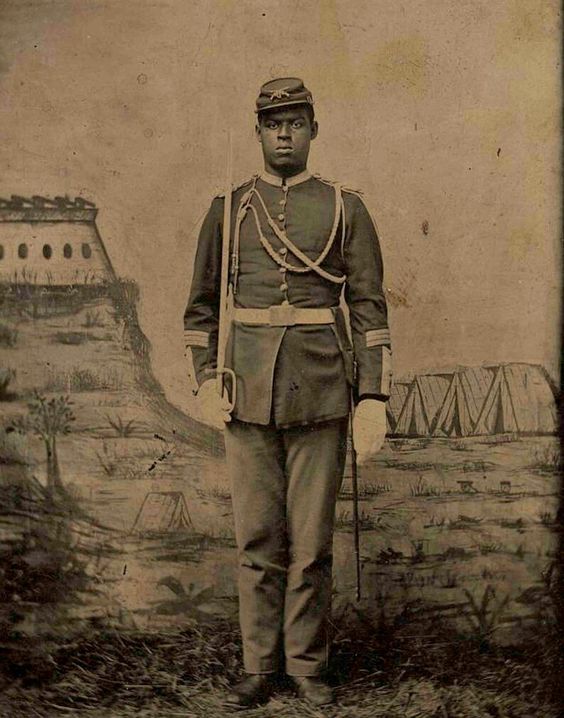
Despite the racial bias they faced, they played a crucial role in shaping post-Civil War America and the American West as a whole.
Military Records Rectified
In line with the redemptive actions by the Army, they would change the records of the 95 soldiers involved in this racially charged massacre. Therefore, their records would be rectified, bestowing them the honor of an honorable discharge.
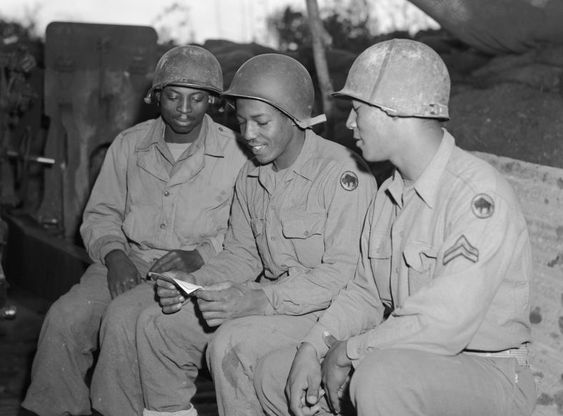
This change, which might seem small, is essential as it paves the way for survivor benefits. In addition, it’s an attempt to right the wrongs committed against these soldiers and their families.
Fort Sam Houston Memorial Updates Headstones
Seventeen of the soldiers affected are buried at Fort Sam Houston National Cemetery. Now, there would be some changes to their resting spots. Each would have new headstones, bearing their stories, just like every veteran deserves.
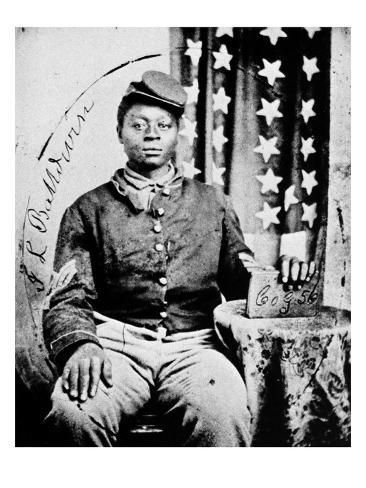
Simultaneously, they would get personal soldier pages on the Veterans Legacy Memorial to immortalize their legacy for future generations.
The Impact on Soldiers’ Descendants
While it is significant that the army is finally doing the right thing, no one can ignore the impact of the Houston incident on descendants. The army’s acknowledgment of this brings some sort of closure, justice, and peace of mind to those who lost their loved ones.
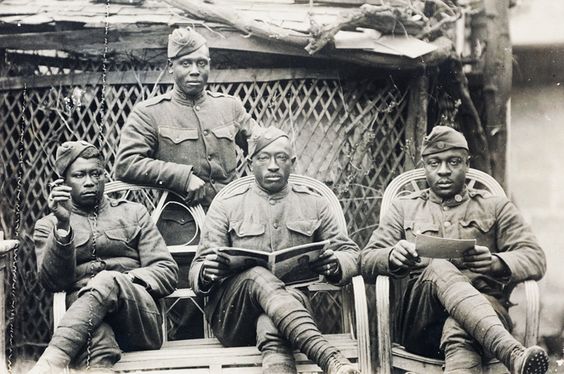
The recognition and reviews may have come 100 years later, but is still of great help to their families.
The Chief Judge of the Army Reflects
Brig. Gen. Ronald D. Sullivan, Chief Judge of the Army Court of Criminal Appeals, reflects on the historical reckoning.
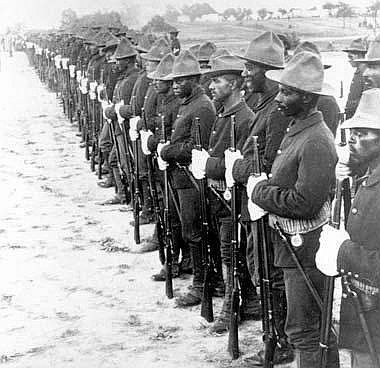
He said, “Most people had moved on over the years. The Houston incident had become a historical footnote for niche academics, but the story was very much alive for the descendants of the wrongfully executed and the wrongfully convicted.”
Arc of Justice: Commemorating Progress
Rep. Al Green also spoke on the gravity of the moment.
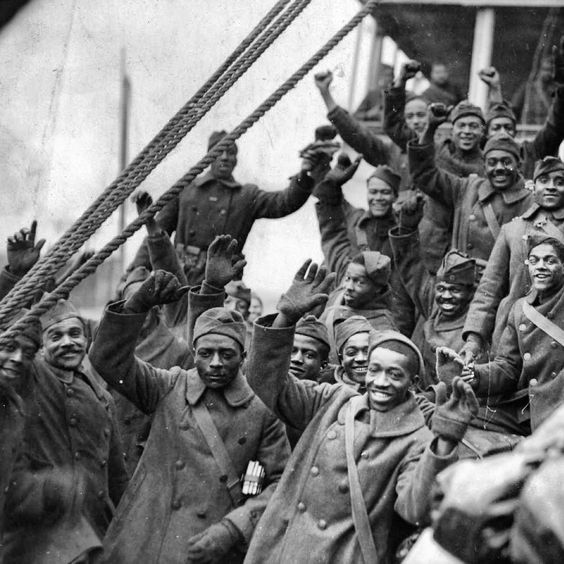
He said, “I cannot even tell you that when the Under Secretary Camarillo made his announcement about the honorable discharges being restored or granted and that the descendants would get benefits, I don’t know about you, but I had tears in my eyes knowing that long though it may be, the arc of the moral universe still bends towards justice.”
Redemption at Last for Soldiers
After over 100 long years, there is finally justice for the soldiers. The long-overdue justice has got a lot of people talking about the impact of racism, further emphasizing the need to eradicate the issue.
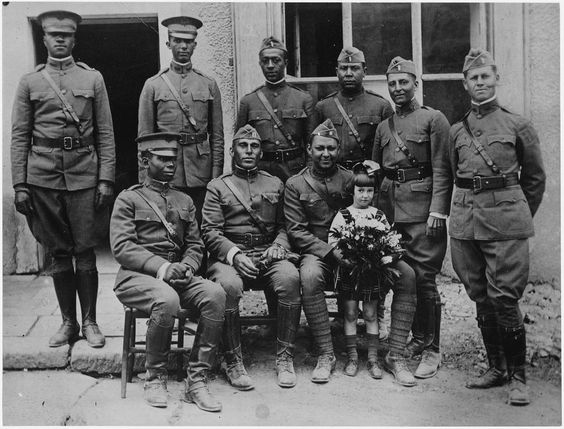
Furthermore, the victory in this case has opened the door for several other overlooked stories to be looked into and reviewed adequately.
